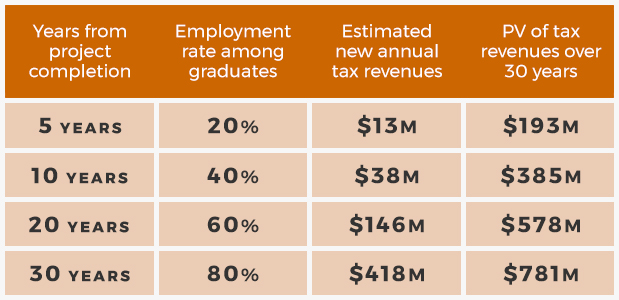“Our Impact”
Impact Spotlight
THE YOUTH ENTREPRENEURSHIP FUND
On Entrepreneurship in Africa
Excerpts from "Africa 2030: Private Equity and Alternative Investment Week" in New York City, presented by Avant-Garde Network and Africonomie Video from I am the Diaspora.
As we expand our impact across the African continent, we are launching The Youth Entrepreneurship Fund to support start-up incubators in Accra and Nairobi. Through Africa Integras, this new fund will make investments and grants in support of young entrepreneurs and the next generation of regional business leaders.
The Youth Entrepreneurship Fund will work with local and international NGO partners to identify promising young students—especially women and members of refugee communities based on Africa—providing scholarships and loans for them to attend Africa Integra’s partner universities, including the University of Ghana. While pursuing the entrepreneurship curriculum, students will develop business plans and present them to the Fund, which will make early stage investments to help these businesses succeed.
Through its scholarships and investments, the Fund will not only empower young entrepreneurs to become the leaders of their generation, but it will also begin to address the crisis of unemployment among young adults, especially in Africa’s urban centers.
Impact of Our Portfolio
Our unique development approach sparks community growth
Direct income-tax revenue from an increase of 50,000 university seats
Assumes 20% employment among graduates, a starting salary of $2,834, 6.5% annual growth rate, 3% decrease annually due to attrition, a discount rate of 16.5% and a 30% income tax rate.
Strong campus ecosystems—including housing, classrooms, and commercial facilities—are proven to have enormous impact on both student achievement and the local community.
Impact on student achievement
Studies show that a hospital environment supports student performance and improves education outcomes. Examples include:
Learning declines as much as 30% when temperatures rise 10 degrees above comfortable levels, or when there are consistent acoustical disturbances which affect concentration. High-performance building envelopes deliver comfortable temperatures and appropriate acoustics in addition to improved comfort.
Students in classrooms with more natural lighting learn 20% faster than those in classrooms with minimal natural light.
When you improve indoor air quality by removing allergens, logical reasoning in students increases by 4%.
Students in dilapidated buildings perform less well than students in functional buildings. Modernized buildings that are kept in good repair deliver 5-10% difference in ranking points.
Unsafe living conditions—common in many African universities that struggle with facility capacity— can cause permanent physical or psychological damage. Improved safety and security helps students avoid trauma or theft and helps them focus on their studies.
Impact on the community
According to the World Bank's Task Force on Higher Education in Developing Countries, the public benefits of higher education include:
Increased Employment
Increased Productivity
Higher Salaries and Benefits
Higher Saving Rates
Higher Consumption
Open-Mindedness and Decreased Levels of Discrimination
Autonomous and Self-Reliant Citizens
Critical Mass of Skilled and Talented Citizens
Higher Security
Creation of Social and Economic Entrepreneurs
Improved Democratic Values
National Dissemination of Knowledge
Higher Foreign Investment
Upward Social Mobility Based on a Meritocracy

